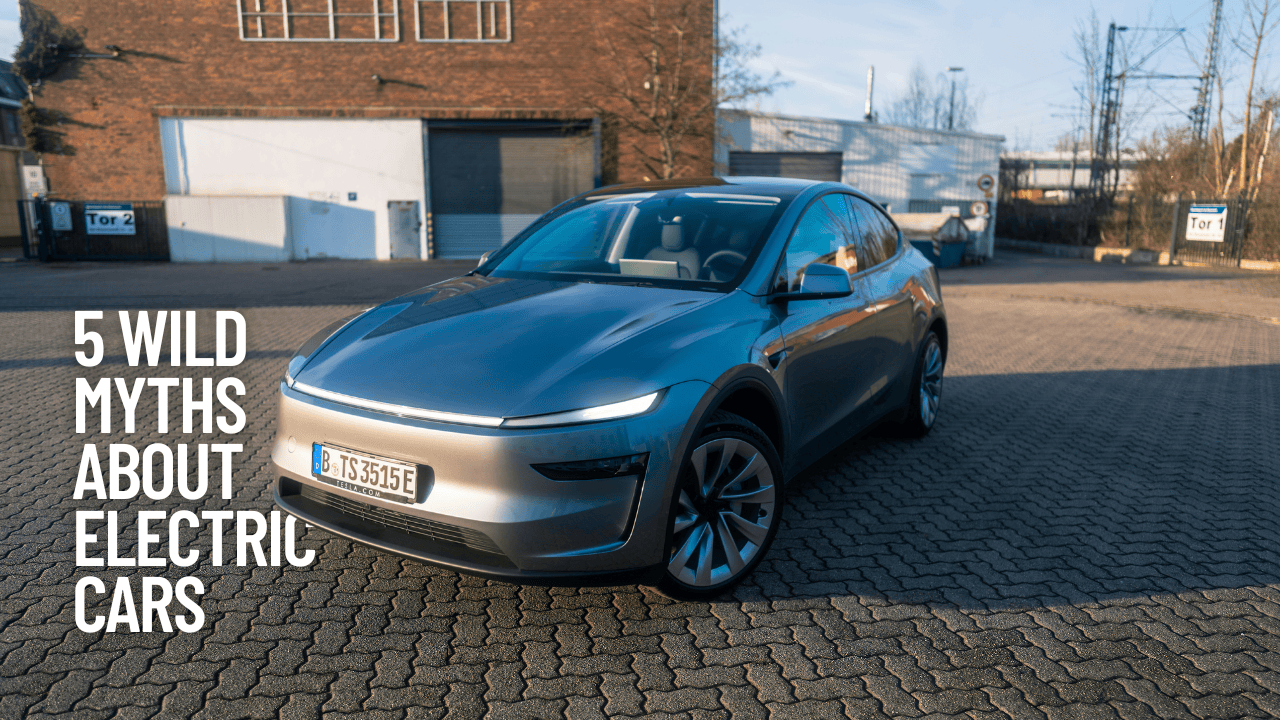I’ll be honest—when my neighbor first pulled up in his Tesla three years ago, I was that guy rolling my eyes and muttering about “fancy toys for rich people.” Fast forward to today, and I’m writing this after dropping my kids off at school in my Tesla Model Y, wondering why it took me so long to switch to an EV.
The thing is, most of us are walking around with outdated ideas about electric cars. I get it—change is scary, especially when it involves dropping serious cash on something that plugs into your garage instead of pulling up to a gas pump. But after living with an EV and talking to dozens of other drivers who’ve made the leap, I’ve realized how wrong I was about almost everything.
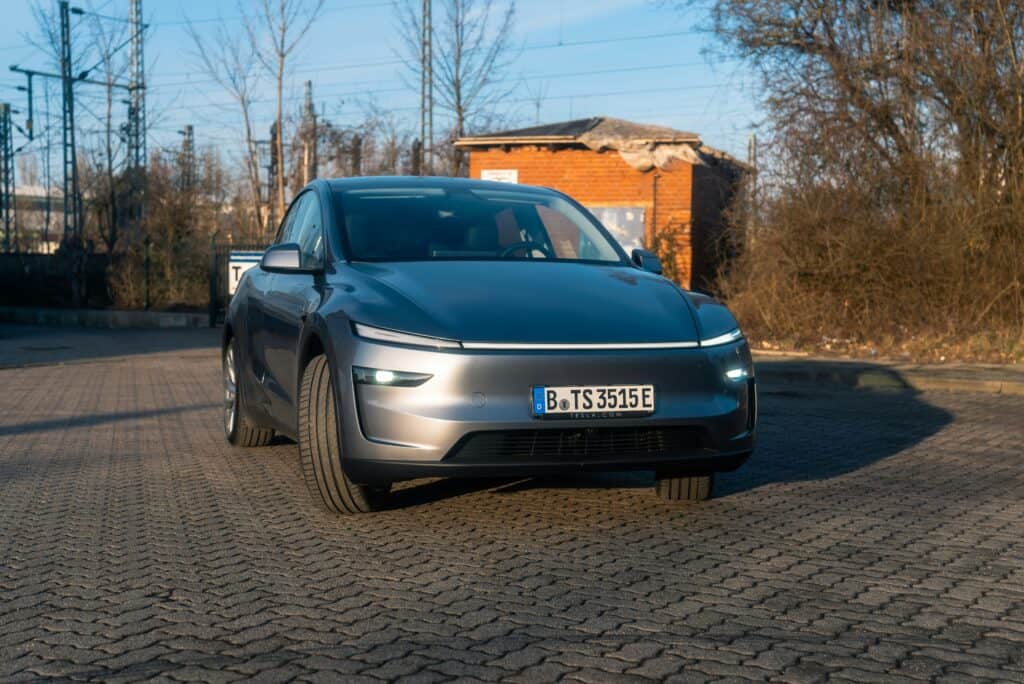
Let me share what I’ve learned by busting five myths that kept me (and probably you) on the sidelines way longer than necessary.
Myth 1: “You’ll Be Stranded Somewhere with a Dead Battery”
This was my biggest fear. Picture this: me, stuck on some lonely highway at 2 AM, explaining to my wife why I chose “experimental technology” over our reliable Honda.
Here’s what actually happened: I drive about 35 miles on a typical day—school drop-off, work, grocery store, maybe soccer practice. My Model Y has a 330-mile range. Do the math. I could literally forget to plug in for a week and still make it to work.
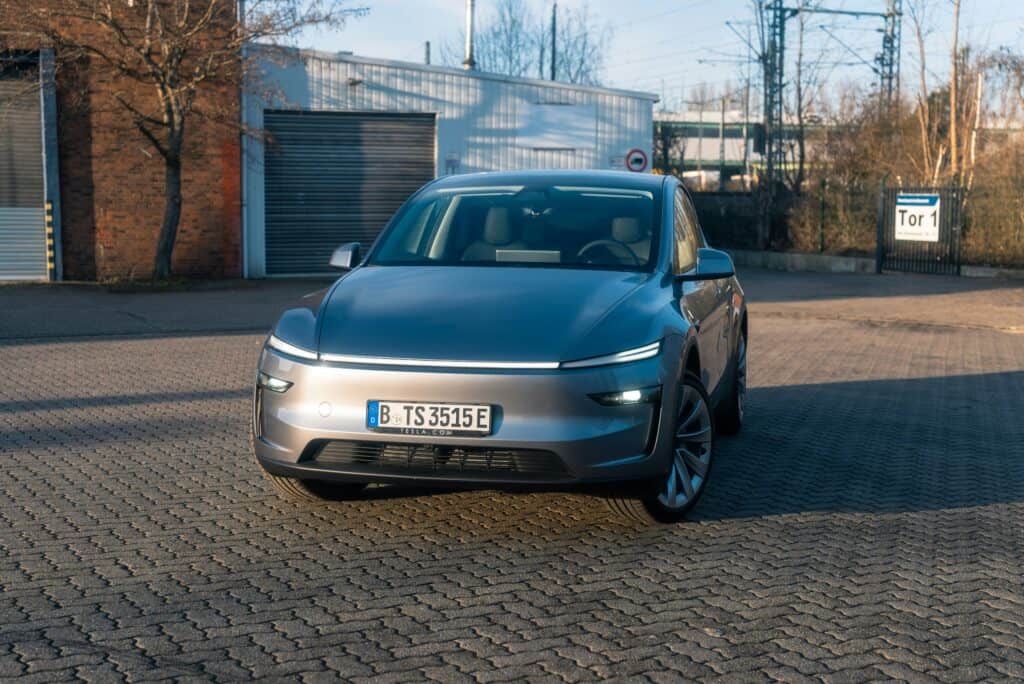
And those road trips I was worried about? Last month, we drove from Chicago to my in-laws in Denver. The Model Y planned our charging stops for us, and we grabbed lunch while it charged. The kids got to stretch their legs, my wife caught up on emails, and I discovered that 20 minutes fly by when you’re not standing next to a smelly gas pump in 90-degree heat.
Modern EVs like the Tesla Model Y, Hyundai IONIQ 6, or even the affordable Chevy Bolt can go 250-400+ miles on a charge. Unless you’re driving cross-country daily, range anxiety is just… anxiety.
Myth 2: “They’re Too Expensive for Normal People”
Let me tell you about my monthly budget reality check. My old gas car cost me $180 a month in gas, plus $120 every few months for oil changes, plus that $800 transmission repair that made me want to cry.
My Model Y? I charge at home for about $40 a month. No oil changes. No transmission to break. The brake pads will probably outlast the car because regenerative braking does most of the work. My mechanic jokes that he never sees me anymore—and honestly, I miss him, but not his bills.
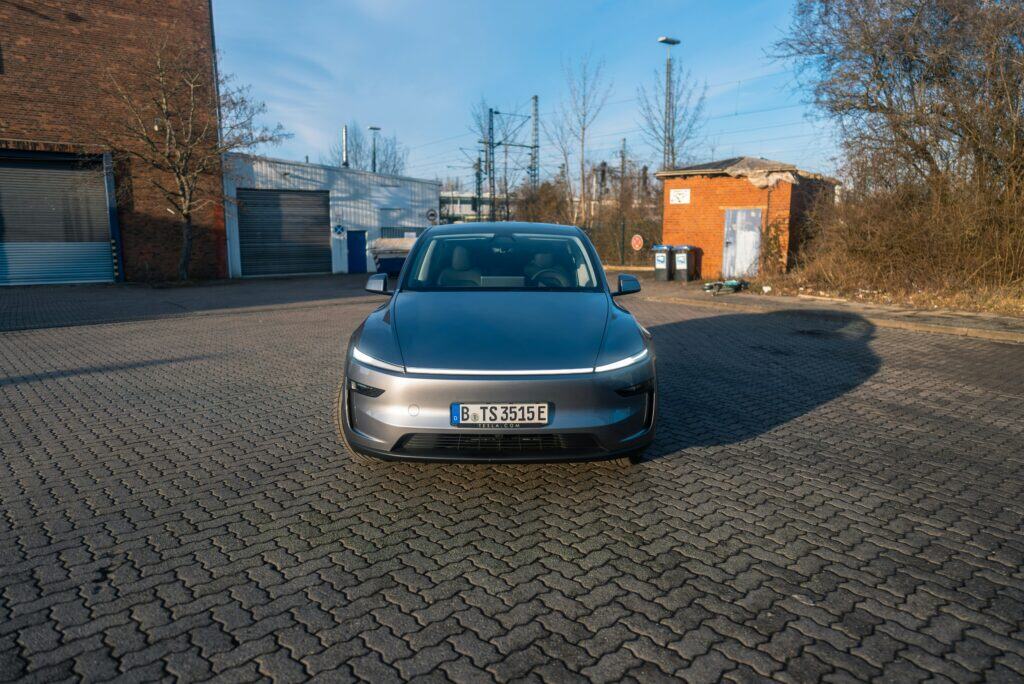
Yes, EVs cost more upfront. But between the $7,500 federal tax credit, my state’s $2,000 rebate, and what I save on gas and maintenance, I’m actually spending less per month than I did on my old car. My buddy Sarah bought a used Nissan Leaf for $15,000 and cut her transportation costs in half.
The math works if you run the numbers over a few years instead of just looking at the sticker price.
Myth 3: “The Power Grid Will Collapse”
I had visions of rolling blackouts every time someone plugged in their car. Turns out, I charge at 11 PM when everyone’s asleep, and the grid is basically twiddling its thumbs.
My utility company actually loves EV owners. They sent me a special rate plan—charge overnight and pay way less per kilowatt-hour. Some nights, I’m basically getting paid to charge my car because there’s so much excess power floating around.
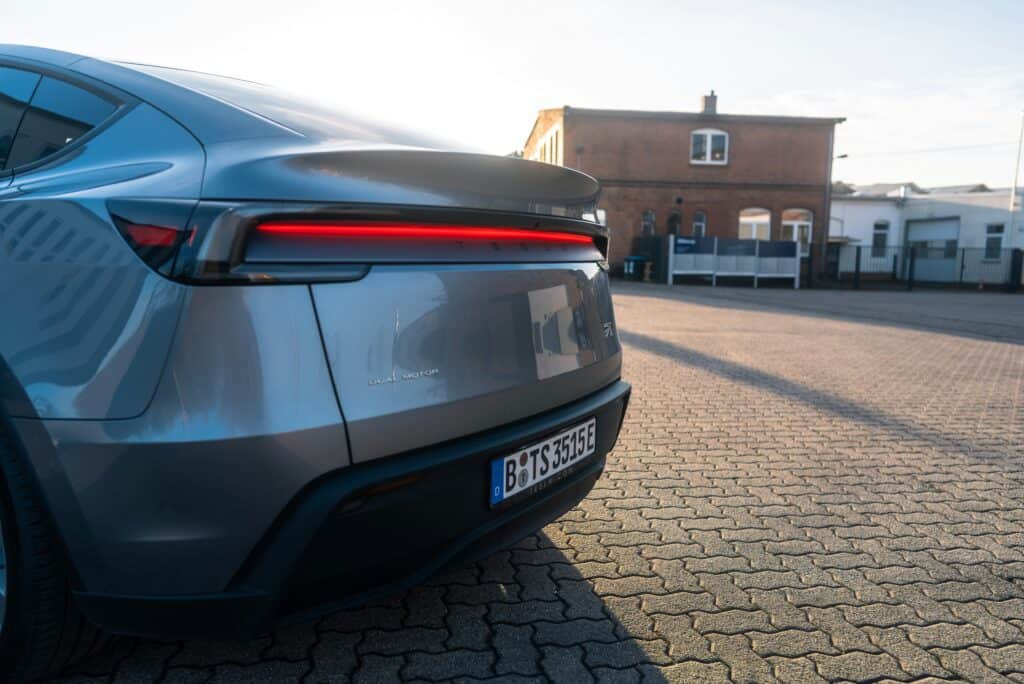
Plus, here’s something cool I just learned: newer EVs can actually power your house during outages. My neighbor’s Tesla kept his refrigerator running for three days when a storm knocked out our power lines. His wife called it “the best purchase we ever made.”
The experts aren’t worried about grid capacity, and neither am I. The transition is happening gradually, and utilities are adapting faster than we’re buying EVs.
Myth 4: “The Battery Will Die and Cost a Fortune to Replace”
This kept me up at night. What if the battery died after five years and left me with a $20,000 repair bill?
Then I met Dave, who drives for Uber in his 2018 Tesla Model 3. He’s got 180,000 miles on it, and his battery still holds 88% of its original charge. “I make $40,000 a year with this car,” he told me. “If the battery was going to fail, don’t you think I’d know by now?”
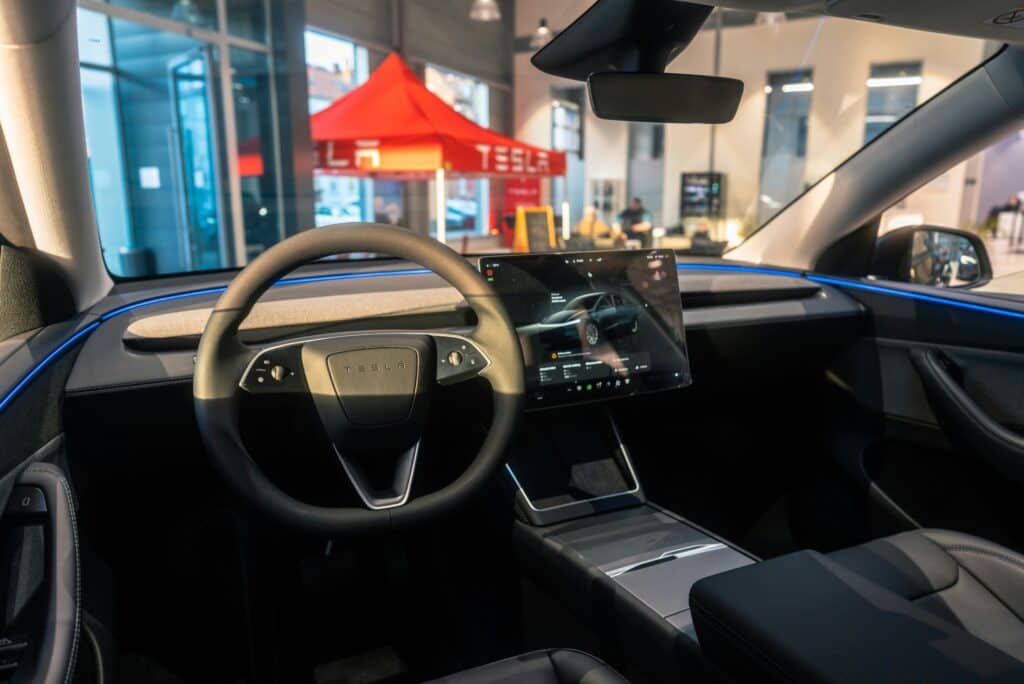
Most EV batteries come with 8-10 year warranties. Tesla, Nissan, and other manufacturers have real-world data showing batteries typically retain 85-90% capacity even after 200,000 miles. And when they do eventually wear out, many get second lives powering homes or supporting the electrical grid.
My battery degradation after two years? About 2%. I’ll probably get bored of the car long before the battery gives up.
Myth 5: “They’re Not Actually Better for the Environment”
My brother-in-law loves this argument. “What about the mining? What about the coal plants? You’re just moving pollution around!”
Look, he’s not totally wrong about manufacturing—building any car has environmental costs, and EV batteries require mining. But here’s what changed my mind: even if my electricity came from the dirtiest coal plant in America (it doesn’t), my EV would still produce fewer emissions over its lifetime than my old gas car.
In reality, my local grid is about 40% renewable energy, and that percentage keeps growing. Solar panels are going up on every other roof in my neighborhood. When I charge with clean electricity, the environmental gap between my EV and a gas car becomes a canyon.
The Union of Concerned Scientists found that in most of the US, driving an EV produces emissions equivalent to a gas car getting 80+ MPG. In places with cleaner grids, it’s like driving a car that gets 130 MPG.
Here’s the Truth No One Tells You
The best part of EV ownership isn’t the money I save or the smugness I feel pulling past gas stations (okay, maybe a little smugness). It’s the simple daily convenience of never having to think about fuel.
I wake up every morning with a “full tank.” I never smell gas on my hands. I never have to detour to a gas station when I’m running late. My garage doesn’t reek of petroleum. The car is whisper-quiet, and the acceleration still makes me grin like an idiot.
My kids think gas cars are weird now. “Why do you have to go to a special place to make it work?” my 8-year-old asked about my friend’s pickup truck.
If you’re still on the fence, I get it. I was there, too. But the future is already here, and it’s more practical, affordable, and just plain better than most of us imagined. The only thing I regret about buying an EV? Waiting so long to do it.
For more information, visit the Tesla Official Website here.
👉 Please 📩SUBSCRIBE to us for more real-world EV analysis, news, and deep dives — written for EV fans by EV fans.
Hi, I’m Nathan Cross, a writer and avid reader who loves crafting articles for newspapers and online platforms. Words are my passion, whether I’m telling stories, sharing insights, or sparking conversations. When I’m not writing, you’ll find me lost in a book or out on the baseball field, enjoying the game that keeps me grounded. Writing, reading, and baseball—these are the things that define me.
